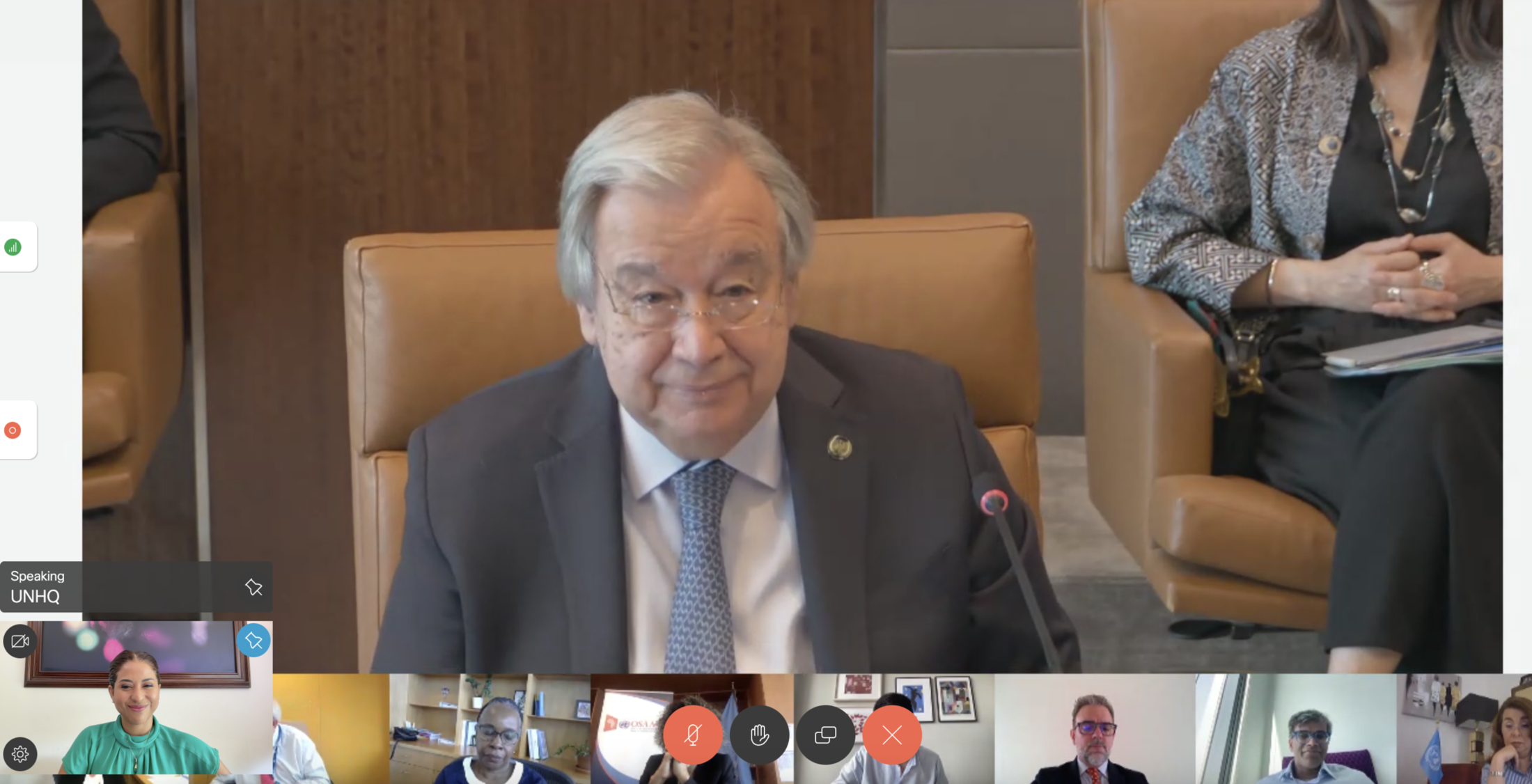Southern Voice will host its first General Assembly on 14 November 2018 in Bangkok, Thailand. Venue: Sigma (6th Floor), Pullman Bangkok…
Our executive director Margarita Gómez presented at the United Nations Secretary-General’s Senior Management Meeting on June 6th, discussing how to apply Behavioural Science to advance the Sustainable Development Goals (SDGs).
She highlighted three main points based on evidence and on her experience designing and implementing behavioural interventions in the Global South:
- Behavioural Science provides an additional tool for a better understanding of social and economic problems, and for designing real solutions for real people. It also puts people’s behaviours and motivations at the centre, and is therefore a deviation from the traditional approach of only focusing on economic incentives. It helps close the gap between evidence and policy or practice, and the gap between research and communities too, highlighting the relevance of context.
- Moving beyond traditional approaches and applying behavioural science to complex challenges is important. Margarita presented policy-informed and applied studies on 1) Gender and Natural Resources Management and 2) Strengthening institutions and reducing corruption in governments.
- There is the need to do more behavioural-informed research in the Global South and to engage more Southern researchers. Most of the current evidence comes from a narrow subsegment of the world population and this research is led by northern researchers. Less than 1% of authors and research participants in top psychology journals are from Africa, for example, despite the continent making up 17% of the world’s population.
By emphasising the importance of context-specific interventions and the inclusion of diverse perspectives from the Global South, there is a call to action for a more inclusive and representative approach to research and policy development. Margarita believes that behavioural science has the potential to bridge gaps between evidence, policy and practice.
Last week, Southern Voice has also officially joined the United Nations Network of Scientific Institutions, hosted by the Secretary-General’s Scientific Advisory Board.
The Secretary-General’s Scientific Advisory Board and its associated global network of scientific institutions are tasked with advising UN leaders on breakthroughs in science and technology, and on how to harness the benefits of advancements and mitigate potential risks.
The institutions in this hub represent diverse voices from various groups with a particular focus on developing countries. We will be associated and collaborate with the Board to provide independent insights on trends at the intersection of science, technology, ethics, governance and sustainable development to support UN System organisations. This news comes on the heels of our contributions at the UN Secretary-General’s Senior Management Meeting on June 6th.


